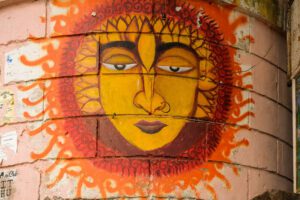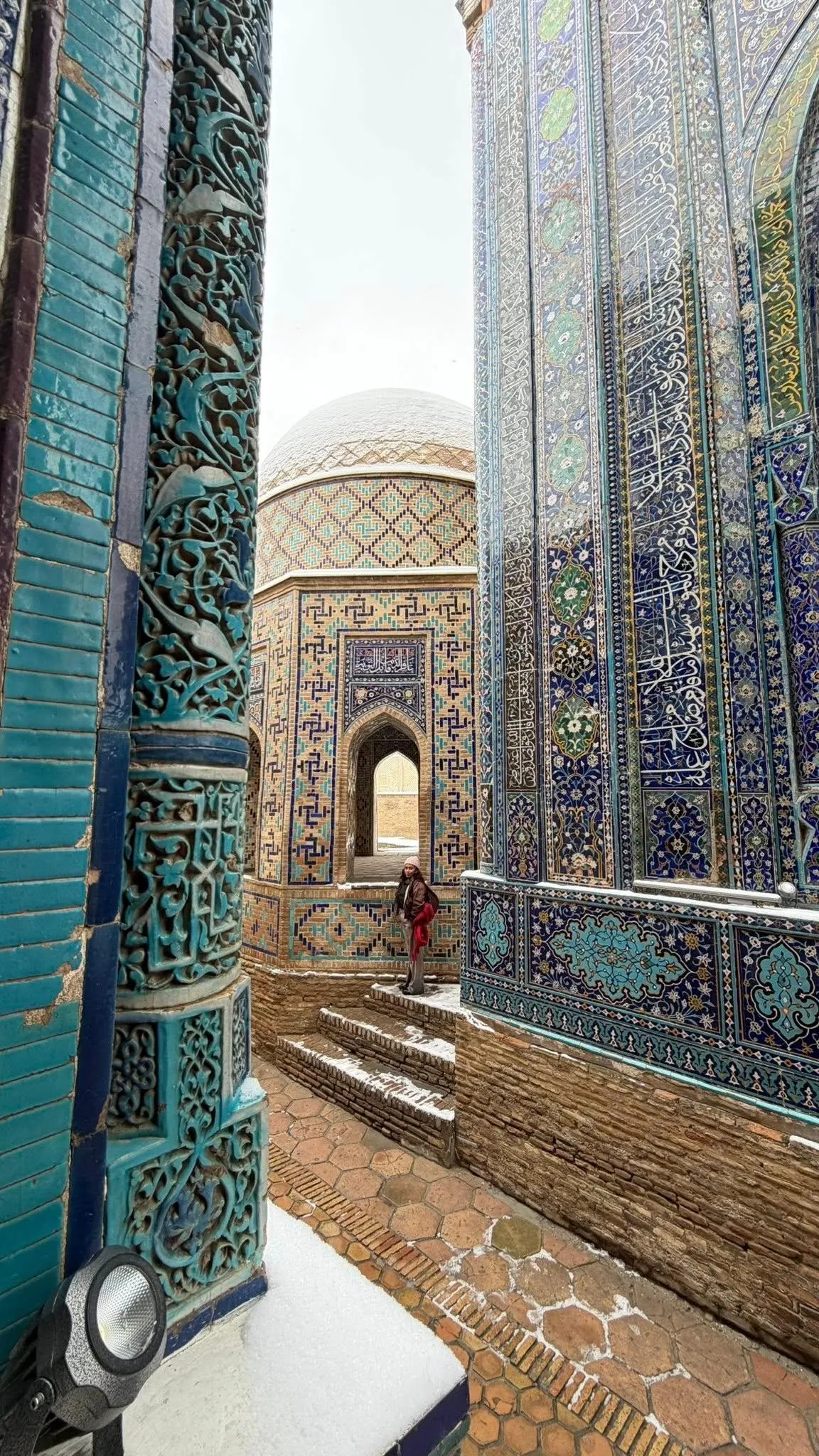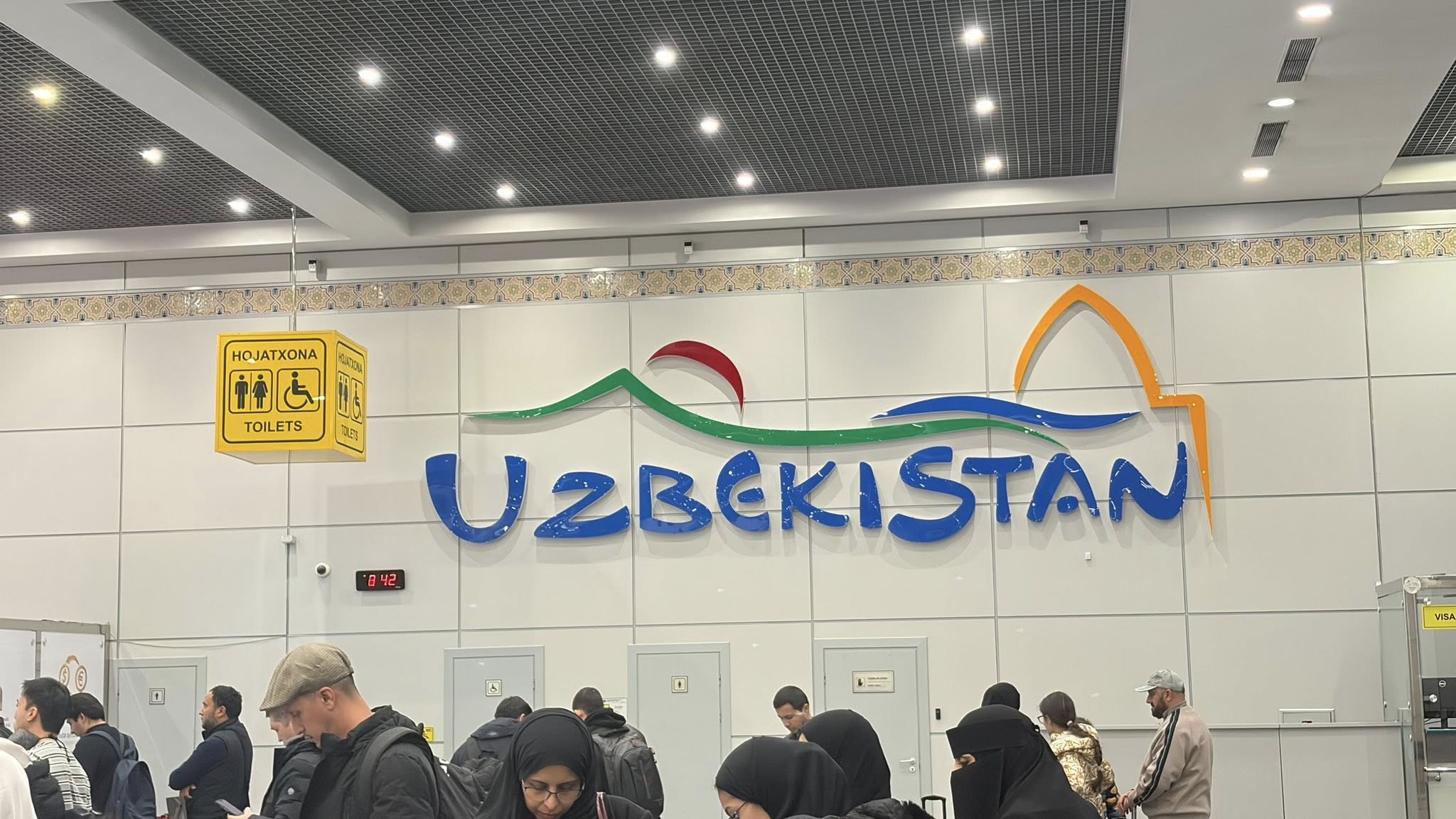“You have to watch yourself.”
I was listening to a random podcast on YouTube when I heard those words. It was not a long or dramatic statement, yet it stopped me in my tracks. The speaker said it as advice for those moments when you feel attacked, misunderstood, or when someone’s opinion clashes with your own.
At first, it sounded unusual. Watch yourself? How can a person possibly watch oneself while being the one acting, feeling, and reacting? How can one step outside of personal emotions to see clearly when they are the very person experiencing them?
I paused the podcast and allowed the thought to linger. It stayed with me longer than I expected. Perhaps because, deep down, I sensed truth in it—something about self-awareness, about the ability to pause and observe who you are becoming in the midst of everything happening around you.
That simple phrase, “watch yourself,” made me reflect on how often we move through life without truly seeing ourselves. We live, we react, we move forward, we defend, and we justify. Yet rarely do we stop long enough to look inward and ask, Who am I right now?
Looking at Oneself: What Does It Really Mean?
Looking at oneself is not an easy task. It is not about standing in front of a mirror and describing what you see on the surface. It is about stepping into a space of raw honesty, letting go of excuses, biases, and the versions of yourself you try to protect.
To look at oneself means to be rational, but also to be brave. It involves questioning your own motives, putting yourself in someone else’s position, and walking through the uncomfortable spaces of your mind with openness and humility.
In philosophy, Socrates once said that “the unexamined life is not worth living.” The Socratic method encourages asking not just any question, but the right question, even when it is painful. For instance, if you often feel that people do not like you, the easy question might be, Why do they not like me? But the harder and more honest question might be, Do I like myself?
It is uncomfortable to confront such questions because they force us to face ourselves. However, if you truly like yourself and are at peace with who you are, then other people’s opinions, though they may sting, will not define you. You will not chase validation or crumble under judgment.
To me, looking at oneself is an act of self-awareness. It is mindfulness in motion. It is knowing your path, your values, and your truths so deeply that outside opinions cannot easily shake them. When you practice this kind of awareness, you begin to separate what truly matters from what does not. The opinions of others no longer imprison you.
That is why meditation and moments of stillness are so essential. They provide a deliberate pause, a silence that allows us to listen to our inner voice. It is in these quiet moments that we can ask ourselves, Am I still walking the path I truly want to take?

The Place of Reflection in Personal Growth
Growth is a concept that carries many meanings. It can be tangible or intangible, visible or unseen. It may occur through achievements such as career milestones, skills, or success, but also through losses, heartbreaks, and failures. Growth is rarely linear; sometimes it is circular, complex, and painfully slow.
For me, reflection is the bridge that connects life to growth. Without reflection, we may live for many years without truly growing. Reflection enables us to witness our own evolution. It makes us aware of the small but significant changes in our thoughts, attitudes, and behaviors that signal we are becoming someone different, hopefully someone better.
When we take time to reflect, we begin to notice the process of life rather than just its progress. We start to understand that growth does not always mean gaining more—more achievements, possessions, or recognition. Sometimes, growth means letting go. Sometimes, it means releasing what no longer serves us.
Growth can also signify decrease rather than increase. It can mean allowing one version of yourself to end so that another can emerge. We often think of growth as an upward climb, but there are seasons when it looks like stillness, like being rooted quietly underground, waiting for the right moment to bloom again. Reflection helps us recognize these cycles. It teaches us to appreciate that even in our lowest moments, something within us continues to grow and to learn.
Through reflection, we begin to measure our days differently, not by the size of our accomplishments but by the depth of our understanding. We realize that progress can be found in something as simple as a calmer response, a kinder thought, or a more patient heart.
Reflection teaches us that growth does not have to be loud. Sometimes, the quietest moments hold the greatest transformation.
Reflection and Acceptance: Why They Are Inseparable
While writing this, a question crossed my mind: Why is reflection always tied to acceptance?
I may not have a perfect answer, but I know that each time I reflect deeply, I encounter something that requires acceptance—about myself, about others, or about life itself. Reflection opens our eyes, while acceptance teaches us how to live with what we see.
True self-awareness cannot exist without acceptance. Acceptance is not surrender or complacency; it is the recognition of reality as it is, rather than as we wish it to be.
For instance, when we reflect on our mistakes, our first reaction may be to justify or defend. However, real growth begins when we stop resisting the truth and instead acknowledge it: “Yes, that was me. I did that. And I can learn from it.”
Acceptance allows us to move forward without resentment. It frees us from the endless battle with “what if” and “should have.”
In many ways, acceptance is a spiritual form of surrender. It is not passive but rather an act of strength. When we accept something, we stop fighting the truth and create space for healing, clarity, and peace.
Reflection without acceptance can lead to self-criticism, while acceptance without reflection can result in complacency. Together, they form balance. Reflection helps us understand ourselves, and acceptance helps us embrace what we find, including the imperfect parts.
Self-awareness and mindfulness are built upon this foundation. We cannot be mindful if we continuously reject reality, nor can we be aware if we refuse to face what we feel.
Growth, at its core, requires both reflection and acceptance. We cannot evolve without accepting our past, our pain, our choices, and the lessons they bring.
When we practice acceptance, we become open—open to learning, forgiving, and changing. We stop hiding from life. We stop fearing uncertainty. We stop demanding perfection from ourselves and others.
In that openness, growth flows naturally.
The Freedom That Reflection Brings
The more I think about it, the more I realize that reflection is not only about personal growth but also about freedom.
When we engage in deep reflection, we begin to detach from the constant need to be right. We learn that it is acceptable to be wrong, to change our minds, and to start again. We stop being controlled by our emotions or by the opinions of others because we come to know ourselves more fully.
We become grounded, calm, and centered.
Reflection allows us to view ourselves with compassion rather than judgment. We learn to hold our flaws gently, to see them as part of our humanity rather than as sources of shame.
This is not an easy process. Watching oneself means sometimes facing parts we wish did not exist—anger, pride, fear, or insecurity. Yet reflection reminds us that these do not define us entirely. They are merely fragments of our story and often serve as our greatest teachers.
When we understand this, we begin to live differently. We respond instead of react. We appreciate rather than complain. We choose peace over perfection.
In the End
“You have to watch yourself.”
That phrase, which once sounded strange, has become a quiet truth I now carry with me. It is not an invitation to judge myself, but to understand myself.
Watching oneself means being awake to one’s own life. It involves noticing your habits, thoughts, words, and choices. It requires the courage to ask, Am I proud of who I am becoming?
It is not an easy journey. Reflection demands courage. Acceptance requires patience. Growth takes time. Yet together, they guide us toward peace.
Personal growth is not about becoming someone else; it is about remembering who you truly are beneath all the noise.
Perhaps the greatest act of watching yourself is learning to see yourself with understanding, kindness, and love.





